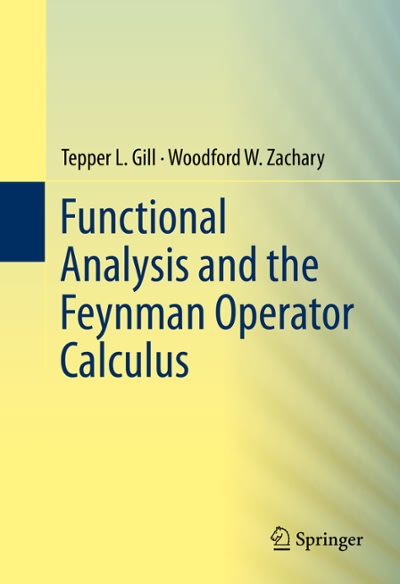Question
Question 1 An academic department with four faculty members must select two of its members to serve on a personnel review committee. The last names
Question 1 An academic department with four faculty members must select two of its members to serve on a personnel review committee. The last names of the four faculty members are Anderson, Box, Cox, and Cramer. Being on the committee is time-consuming and no one wishes to volunteer, so instead, they decide to do it randomly. Each member writes their names on slips of paper, they all put them in a hat, and then two slips are drawn without replacement. Whoever's names are on those two slips gets assigned the job.
a) List all the possible outcomes. For the remaining parts, assume all the outcomes listed in part (a) are equally likely. b) What is the probability both Anderson and Box are selected? c) What is the probability Cramer is selected? - d) What is the probability that at least one of the two members whose last name begins with C is selected? Question 2 Consider randomly selecting a student at a Universal University, and let V denote the event that the selected individual has a Visa credit card and M be the analogous event for a MasterCard. Suppose that Pr(V) = 0.5, Pr(M) = 0.4 and Pr(V M) = 0.25.
a) Describe, in terms of V, M, and set operations, the event that the selected student has at least one of the two types of credit cards and then calculate its probability. b) Describe, in terms of V, M, and set operations, the event that the selected student has neither type of credit card and then calculate its probability. c) Describe, in terms of V, M, and set operations, the event that the selected student has a Visa card but not a MasterCard, and then calculate its probability. Question 3 Suppose we are given two events, A and B, with Pr(A) = 0.6 and Pr(B) = 0.22.
a) Suppose A and B are independent, find Pr(A B). b) Suppose instead A and B are mutually exclusive, find Pr(A B). c) Again, suppose A and B are mutually exclusive, find P(A|B). d) Can the above events, A and B, be both independent and mutually exclusive from each other? Explain why or why not.
Step by Step Solution
There are 3 Steps involved in it
Step: 1

Get Instant Access to Expert-Tailored Solutions
See step-by-step solutions with expert insights and AI powered tools for academic success
Step: 2

Step: 3

Ace Your Homework with AI
Get the answers you need in no time with our AI-driven, step-by-step assistance
Get Started


